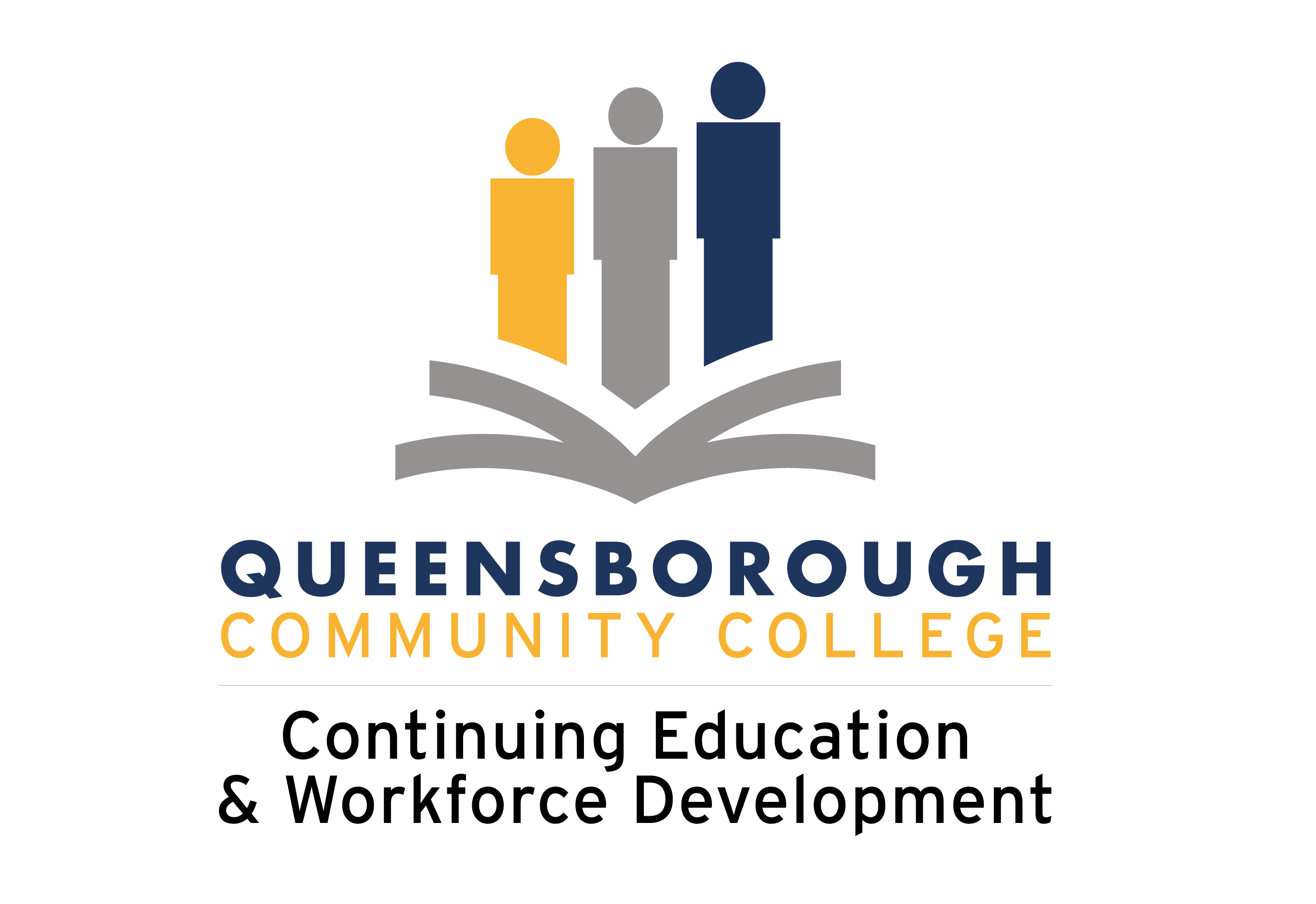Online Physical Therapy Aide Certification Course
Become A Certified Physical Therapy Aide
Physical therapy aides work with physical therapists to provide a positive experience for patients undergoing physical therapy treatment. This 100% online course will teach you the concepts, skills and practices to become a certified physical therapy aide. Upon successful completion, students will be eligible to take the American Medical Certification Association's (AMCA) Physical Therapy Technician/Aide certification exam. The course also includes an externship starter kit with resources to secure a position as a physical therapy aide extern.
Job Outlook for Physical Therapy Aides
- Physical therapy professionals, especially physical therapy aides, are in high demand. The US Bureau of Labor Statistics (BLS) lists physical therapy assistants and aides among its fastest-growing career areas.
- The BLS projects 27% growth in overall employment for physical therapy support positions between now and 2028. This is over five times faster than overall expected job growth.
- The BLS attributes the growth in demand for physical therapy to the aging Baby Boomer demographic. According to the BLS, Boomers are staying active later in life than previous generations commonly did. As a result, experts anticipate a surge in health concerns as the Boomers reach the age at which heart attacks, strokes and mobility-related injuries become common.
- Physical therapist aides earn around $27,000 per year, on average, according to BLS data. Pay rates for physical therapist aides can vary by location and the type of patients they serve.
- Those who work in nursing or skilled care facilities earn around $35,000 per year. Therapy aide jobs in the offices of physical, occupational and speech therapists and audiologists pay around $25,600 per year.
Physical Therapy Aide FAQs
WHAT DOES A PHYSICAL THERAPY AIDE DO?
Physical therapy aides are responsible to support the overall therapy environment. They usually manage the cleanliness and safety of the clinic or work environment and help prepare the equipment for each patient's visit. And they often help patients as they arrive and move around in the treatment facility. Some common duties include:
- Cleaning the treatment areas
- Setting up therapy equipment
- Washing linens
- Helping patients move to or from a therapy area
- Handling clerical tasks, such as answering phones scheduling patients and checking patients into the clinic
IS A PHYSICAL THERAPY AIDE THE SAME AS A PHYSICAL THERAPY ASSISTANT?
Physical therapy assistants work directly with patients to facilitate treatment. They may assist patients with exercise, massage, balance and other forms of therapeutic interventions. Physical therapy assistants often supervise the work of physical therapy aides.
IS CERTIFICATION NECESSARY FOR PHYSICAL THERAPY AIDES?
The AMCA exam covers the following areas:
- Patient care
- Practice administration
- Law and ethics
- Patient preparation and positioning
- Anatomy and physiology
- Safety and infection control
- Therapeutic modalities
Each of these areas is critical to patient care, effective treatment and limiting liability for the physical therapist or employer organization.
IS PHYSICAL THERAPY AIDE A GOOD CHOICE FOR A REMOTE CAREER?
Changes in health coverage after then Affordable Care Act (ACA) of 2014 have shifted many physical therapy activities from the healthcare setting and into the patient's home. As a result, physical therapy support activities now also take place in the home. The shift to homecare has also opened opportunities for independent and even traveling physical therapy professionals.
Course Objectives
- Prepare to take and pass the AMCA Physical Therapy Technician/Aide certification exam
- Understand the role, responsibilities, and qualifications of the certified physical therapy aide in various healthcare settings
- Build knowledge of human anatomy, functional body movements, and system disorders as they relate to physical therapy
- Identify proper positioning, patient transfers, common exercises, modalities, and medical equipment
- Demonstrate ethical and legal behavior specific to healthcare settings
- Differentiate between tasks appropriate for a certified physical therapy aide and other healthcare professionals
Prerequisites
There are no prerequisites prior to taking this course.
Curriculum
THE PHYSICAL THERAPY PROFESSION
MEDICAL TERMINOLOGY
ORGANIZATION OF THE HUMAN BODY
PRINCIPLES OF PATHOLOGY AND ITS TREATMENT
INFECTION CONTROL
BODY MECHANICS
POSITIONING AND DRAPING PATIENTS
TRANSFERRING PATIENTS SAFELY
WHEELCHAIR BASICS
PRESSURE ULCERS
NORMAL AND ABNORMAL GAIT
AMBULATION AIDS
AMBULATION RELATED ACTIVITIES
THE SKELETAL SYSTEM
THE MUSCULAR SYSTEM
TREATMENT OF THE SKELETAL AND MUSCULAR SYSTEMS: EXERCISE
TREATMENT OF THE SKELETAL AND MUSCULAR SYSTEMS: PHYSICAL AGENTS
THE CARDIOVASCULAR AND RESPIRATORY SYSTEMS
THE NERVOUS SYSTEM
TREATMENT OF THE CARDIOVASCULAR, RESPIRATORY, AND NERVOUS SYSTEMS
THE REST OF THE ORGAN SYSTEMS
COMMUNICATION IN THE PT FACILITY
RECORDS AND CHARTING
LEGAL AND ETHICAL ISSUES
YOUR CAREER JOURNEY (OPTIONAL LESSON)
Instructor
Holly Trimble
Holly Trimble earned a bachelor's degree in physical therapy from the University of Colorado, a master's degree in pediatric physical therapy from Boston University, and a master's degree in biology from the University of Nebraska at Kearney. After working as a physical therapist for many years, Trimble transitioned into teaching. She has lectured on health-related topics to all age groups and works as an adjunct instructor of anatomy and physiology. She received an Adjunct Faculty Excellence Award and is the author of "College Success Now!"
Registration and Enrollment
Get To Know Us
Grant Sponsored Programs and Partnerships
- Youth: College and Career Readiness
- Technology
- Workforce Development
- Healthcare/Medical related
News





